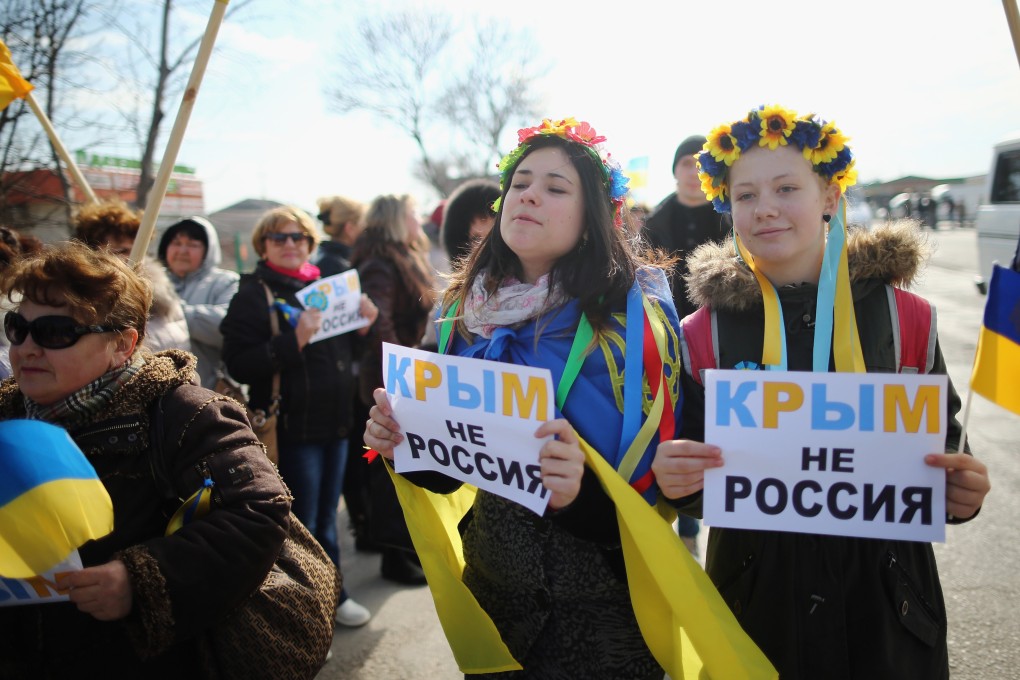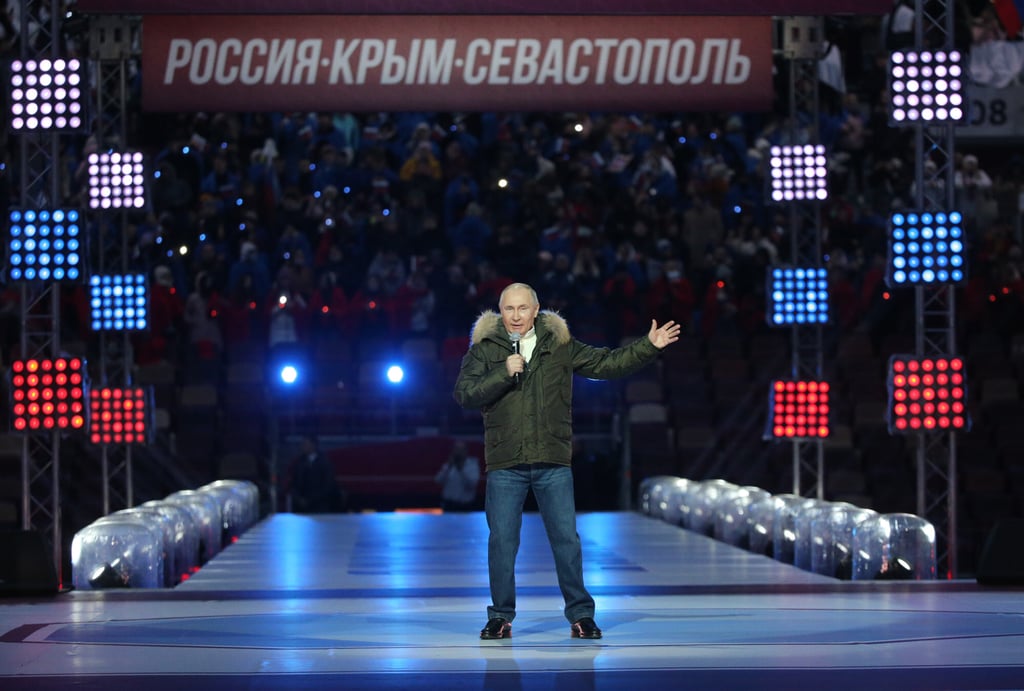How autocrats weaponise history to create parallel realities, and why nationalist mythmaking didn’t work for Trump or Johnson
- Journalist Katie Stallard was ‘fascinated’ when the Russian tanks and troops she had seen in Ukraine in 2014 were refuted in Moscow as a factual impossibility
- It led her to investigate how autocratic states’ distorted or outright fairy-tale presentation of history shapes their citizens’ current reality

Dancing on Bones: History and Power in China, Russia, and North Korea by Katie Stallard, pub. Oxford University Press
“This process started practically right after the 1917 revolution,” he went on “and Lenin and his associates did it in a way that was extremely harsh on Russia – by separating, severing what is historically Russian land.”
Such historical distortions have characterised Putin’s rhetoric in recent weeks – but long-time observers of contemporary Russia such as Katie Stallard, journalist and author of Dancing on Bones: History and Power in China, Russia, and North Korea, recognise that such weaponisation of history has long been a key part of the Russian leader’s arsenal.

Stallard was living in Moscow during the 2014 Ukraine crisis and working as a television correspondent for Sky News, moving back and forth between Crimea and eastern Ukraine, under separatist control, and other parts of the country.